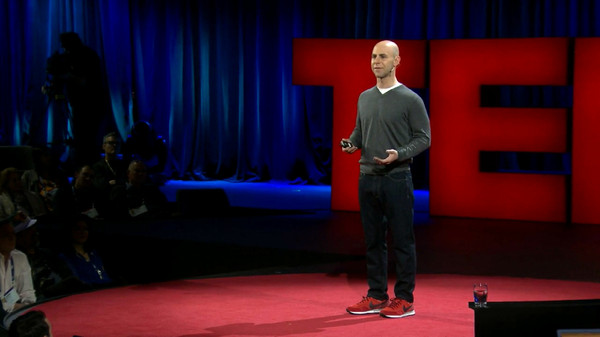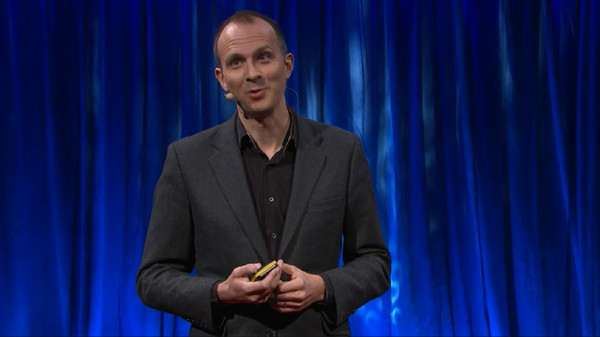TED Talks are a great way to explore the cutting edge of innovation, from philosophers to psychologists. Here are five must-watches about innovation, how it happens, and why it matters.
Adam Grant: The Surprising Habits Of Original Thinkers
Grant, an organizational psychologist with Wharton Business School, spends his time figuring out ways to make the workplace healthier, happier, and more productive. This talk opens by explaining that he turned down a chance to invest in Warby Parker, and then he lays out, as the title says, the surprising habits that misled him into thinking his three students were never going to get this website off the ground. Among his points; procrastinating just enough, doubting your ideas to the point where you test them, and fear of not trying.
Jia Jiang: What I Learned From 100 Days Of Rejection
Jia Jiang signed himself up for what sounds like punishment. He deliberately sought out being rejected in some way, shape, or form for more than three months. Some of these are patently absurd, like asking for free food from a restaurant or total strangers for extreme favors, but Jiang points out that the more we experience rejection, the more known of a quantity it is, and the easier it is to deal with the fear of rejection, one of innovation’s biggest roadblocks.
Tim Harford talks frustration.
Tim Harford: How Frustration Makes Us More Creative
Harford explores the creative power of frustration, starting with Keith Jarrett’s legendary Koln concert, which stemmed from the wrong piano being delivered, and uses that as a launching point to explore how frustration stimulates creativity. By forcing us to use different approaches and ideas, it can often make us reconsider the idea or even the entire foundation behind it, and come up with new ideas. Cleaning up a mess, it turns out, can often be more creative than the process of making that mess.
Jim Whitehurst: What I Learned From Giving Up Everything I Knew As A Leader
Whitehurst left his comfortable role as COO of Delta Airlines for a substantially different job, CEO of the open source software company Red Hat. Whitehurst, at Delta, took the “buck stops with me” approach; he was the organizer, the provider of structure, the guy who got in there and got the troops in order. It quickly became clear that wasn’t going to work in a company that sells collaboration and pitching in, to the point where their “products” are actually free. Whitehurst discusses how he had to learn to lead Red Hat by realizing he wasn’t the only voice in the room, or even the loudest voice, and how it taught him to innovate.
Steven Johnson: Where Good Ideas Come From
A distillation of Johnson’s must-read book on innovation, Johnson tackles and thoroughly debunks, the “lone genius in a garage” theory of innovation by tracing how ideas flow through networks of individuals. It turns out that even the most seemingly out-of-nowhere ideas were actually filtered through a series of minds, with crude ore slowly becoming gold as it passed from brain to brain. Johnson asks his audience to reconsider innovation as a lone pursuit and to tap into the networks that surround us to solve problems.
The Takeaway
Each of these TED talks points out that innovation does not happen in a vacuum. There is power in leveraging the minds of others in a collaborative environment.
Most Recent Posts
Explore the latest innovation insights and trends with our recent blog posts.














